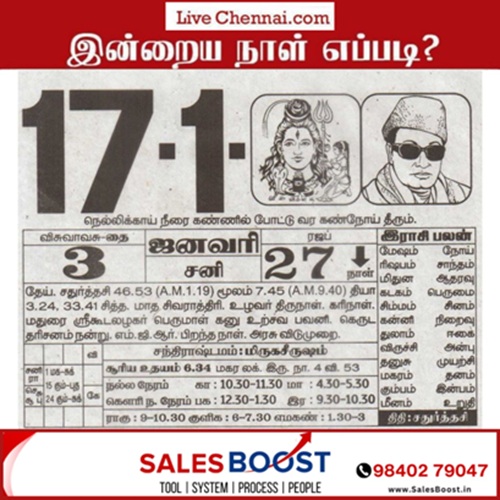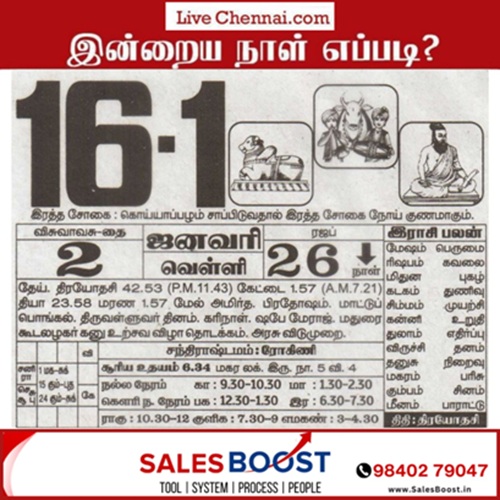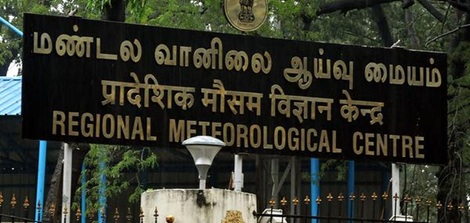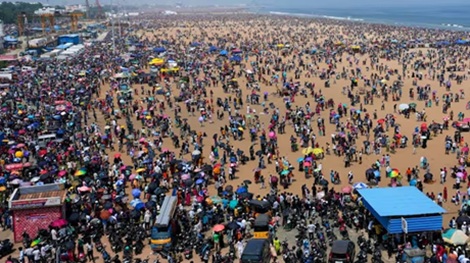Petrol and Diesel Tax in India – How Central and State Taxes Impact Fuel Prices
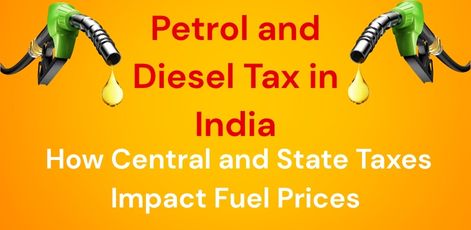
Rising fuel prices continue to be a concern for citizens across India, affecting both existing vehicle owners and prospective buyers. One major reason for the variation in fuel prices between states is the tax structure imposed by both Central and State Governments.
Understanding Fuel Tax in India
In India, taxes form a significant portion of the retail price of petrol and diesel.
- Petrol: Around 55% of its retail price is made up of taxes.
- Diesel: Approximately 50% of its retail value includes taxes.
In addition to these, State Governments impose their own Sales Tax and Value Added Tax (VAT), which vary from one state to another.
Major Components of Fuel Pricing
1. Base price of crude oil
2. Excise duty (imposed by the Central Government)
3. Dealer’s commission and charges
4. Value Added Tax (VAT) (imposed by State Governments)
While crude oil prices, dealer margins, and central excise duties remain uniform across the country, VAT and sales tax rates differ by state, leading to varying petrol and diesel prices from one region to another.
Fuel prices, therefore, reflect not just global crude oil trends but also state-level tax policies, which play a crucial role in determining how much consumers ultimately pay at the pump.



